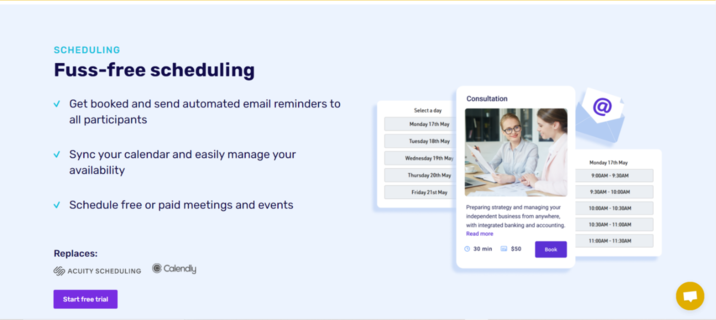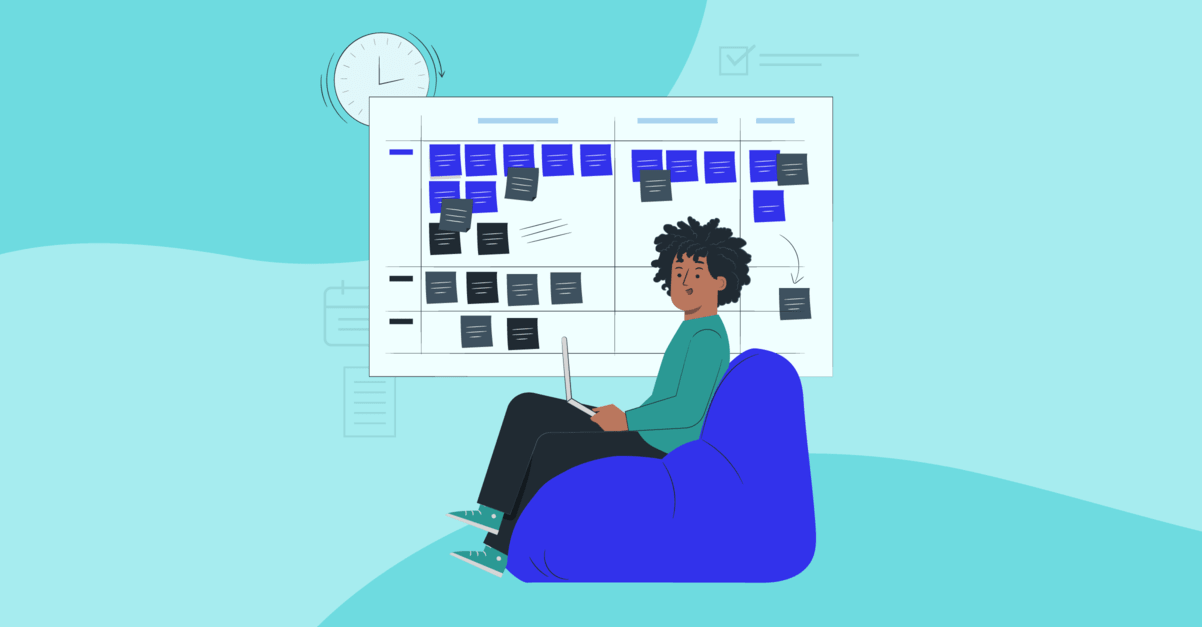As a professional working from home, you will have to tackle many different tasks on a daily basis. It could be difficult to prioritize and create a better schedule without following any planning tips.
It’s difficult creating a stable routine knowing that every day you stumble upon new challenges.
Wasting your time on things that won’t have a profitable outcome which would also only slow you down is a no-no.
Hence, we’ve prepared 7 planning tips for better productivity from home:
1. Find out your productivity peak hours

Every person has various energy peaks and lows during the day.
There are numerous tips on effective planning saying that you should begin your day by dealing with the more challenging tasks first and then continue with the rest.
Others suggest that you should start easy: answer a few emails and get in the mood of dealing with the bigger stuff.
However, it’s all about how you feel. You should be aware of the periods that you feel more energized and plan your day accordingly.
If you feel sleepy after lunch, do what you have to do in the morning and take a break after that.
If you need some time to adjust and get into work mode, answer the emails first or make some phone calls. Take your time before jumping into the pile of important tasks.
Jeff Bezos says that if you have a meeting with him in the morning, it is “definitely important”. If the meeting is in the afternoon, then it could probably be skipped.
2. Prioritize
The most common answer to the question ‘How to plan effectively?’ is to start prioritizing.
You might prefer to do the tasks that you enjoy more, but they might be quite time-consuming and not that profitable. At the end of the day, it won’t be worth it.
Make a list of all your tasks before you can prioritize them. Place P1, P2, or P3 next to each task and see the importance of each one of them. It’s crucial to understand that they should be somewhat uniformly distributed. If you have 20 tasks with P1, five tasks with P2, and one task with P3 you have failed to prioritize.
Make sure that you are focused on the tasks that will bring you money or that will bring you closer to your business goal.
You should prioritize your tasks according to the results you expect to see.
Remember that things do change. Therefore, it’s important to revisit your priorities every now and then. I do so every 2 weeks.
3. Expect the unexpected
If you wonder how to be a better planner, you should consider what distracts you the most.
Home-based business owners usually have to deal with more distractions and interruptions in comparison to office-based entrepreneurs.

Unforeseen issues could slow down your work process and unplanned but pressing activities might push aside other tasks.
This should not keep your spirits down, though!
The Balance Small Business suggests that you should assess the importance of the tasks that came up unexpectedly and decide whether to do them, schedule them, or delegate them.
Anything that could affect your income should be considered important and should be dealt with ASAP.
The things that pop up during your day but can be managed later should be scheduled for another time.
If you can’t tackle an issue at that particular moment or you have somebody in mind that might do it better, delegate.
4. Timebox each task
Time-boxing is a nice technique that consists of you working on a specific task for a predetermined amount of time. When your time’s up, you have to move to something else.
This could help you immensely if you lack the motivation to get things done or you can’t concentrate for long.
You’ll be extremely satisfied if you manage to cross off an item on your to-do list without exceeding the time limit.
You’ll also learn to stay focused and reduce interruptions to the bare minimum.
Also, I’m sure you’ve experienced mental exhaustion after getting stuck on some issue for a bunch of hours without seeing any possible way for resolving it.
Time-boxing is one of the planning tools that will help you fend off burnouts because if you don’t deal with the matter within the time limit, you’ll be able to work on it the next day with a fresher perspective.
5. Use a calendar and set reminders
To develop better planning and organizing skills you’ll have to use an online calendar.
You can sync it to other platforms and devices that you use frequently to make sure that you won’t miss anything.
If you look at 3veta’s product page you will see that the online calendar is a fundamental part of your online business because it helps you organize daily tasks at work easily –schedule appointments at any time and place.

Another one of the essential planning tips is setting reminders.
Most calendars have a reminder function. You can send out emails or text messages to the participants of an upcoming important video meeting and make sure that no one is late.
Or, if you have a busy schedule and your memory doesn’t serve you well, you can benefit from that feature yourself and be on time for all your calls and meetings.
6. Batch similar activities
When you notice that some of the tasks on your to-do list have something in common, batch them together to achieve synergy.
If you do this together with all the other planning tips to be successful, you’ll stay more focused because your mind flow won’t be interrupted by tasks of different nature.
When you wonder how to plan your day, try to categorize all your activities and organize those categories according to their level of importance and difficulty.
Batching similar activities is, in fact, a combination of all daily planning tips mentioned above.
7. Be direct – politely interrupt or say no when you have to
Many planning and organizing tips fail to mention that learning how to say ‘No’ is crucial for effective planning.
Entrepreneurs often tend to take on more than they can handle, which could be detrimental at times.
Learn to value your time and effort. If you have managed to plan your day efficiently and an unexpected request comes up, but you don’t feel inclined to complete it, give a firm no.
Don’t be a people pleaser at all times.
Furthermore, even if you possess excellent planning and organizing skills, sometimes meetings and calls get prolonged and you fall behind schedule.
Don’t hesitate to politely interrupt because you have other matters to attend to. Maybe you can suggest another time for you to meet and continue your discussion.
Final thoughts on the planning tips for your home-based business
I hope that these planning tips and tools will help you organize your work better and would teach you how to be a better planner.
However, if you need more pointers on how to be more productive at home, we have another 7 steps that you can check out.
Planning might appear overwhelming at first, but once you get the feel of it and see the patterns, you might even come up with your own planning system!
